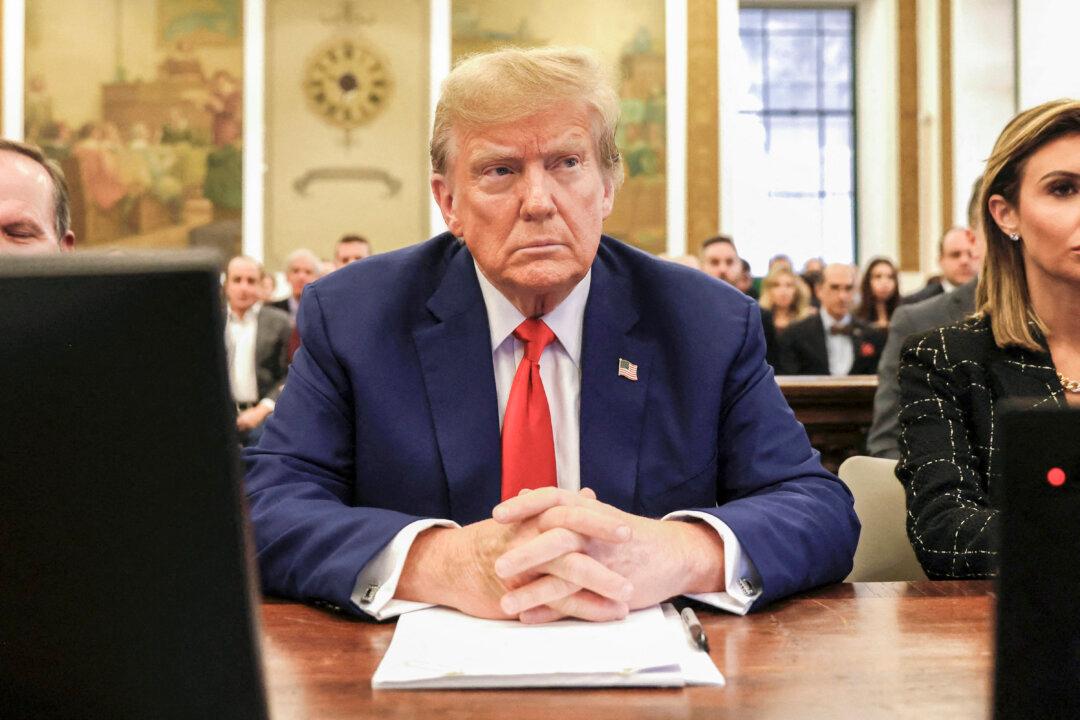In addition to the stalled criminal case against former President Donald Trump for his actions on Jan. 6, 2021, several additional civil cases related to that day have been filed against the former president. During a status update conference on Feb. 23, a plaintiff’s attorney pointed out that the case has been stuck in discovery for nine months, and U.S. District Judge Amit Mehta said they needed to “kick things off,” rather than just “spinning out wheels until these other proceedings get off the ground, whenever they may be.”
Capitol Police officers James Blassingame and Sidney Hemby, and Reps. Eric Swalwell (D-Calif.) and Bennie Thompson (D-Miss.) had sued President Trump in his personal capacity for the Capitol breach event on Jan. 6, and the cases have since been combined. President Trump had raised a presidential immunity defense and appealed on the matter, but the case was sent back to the district court for additional arguments.





